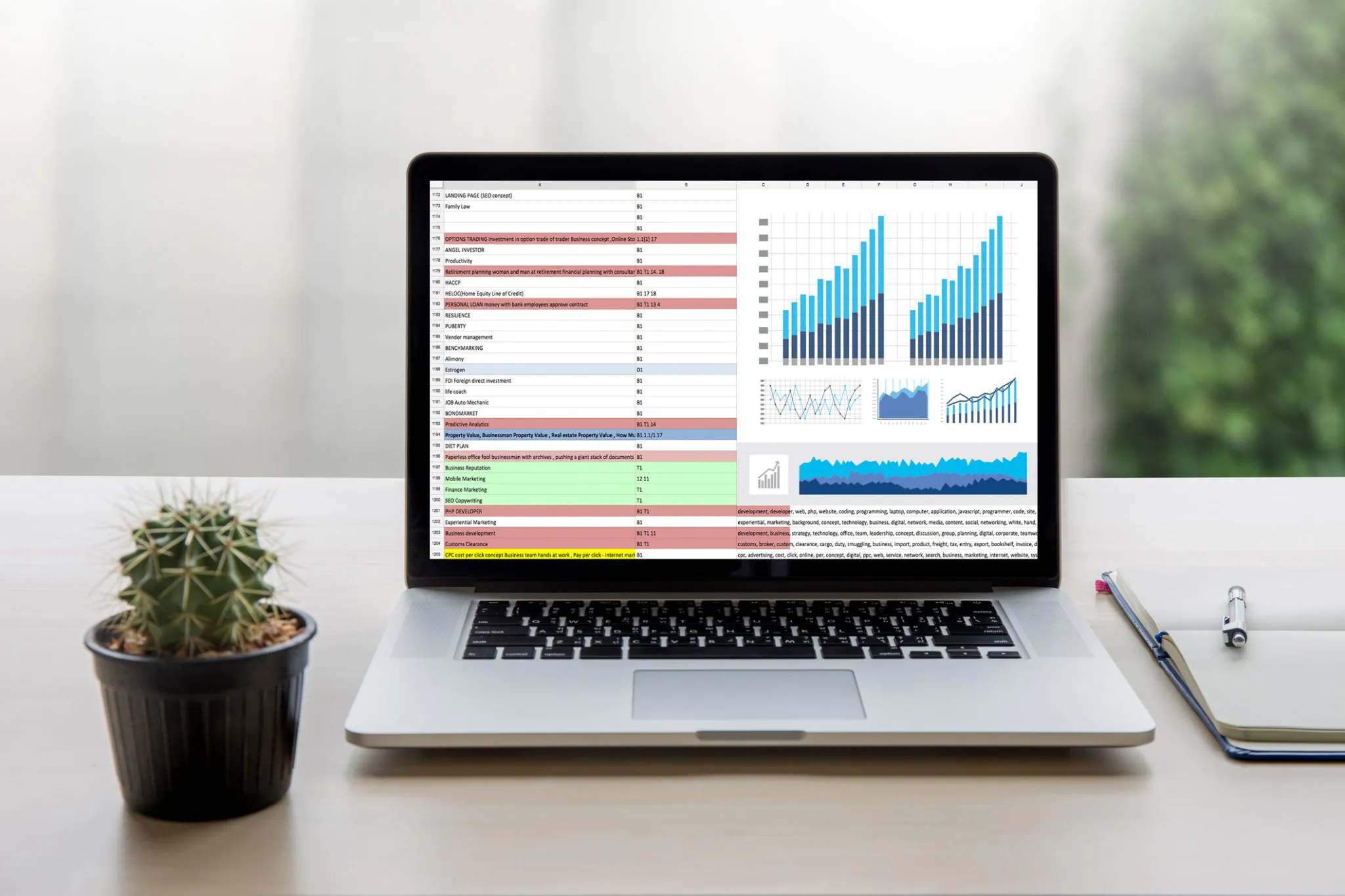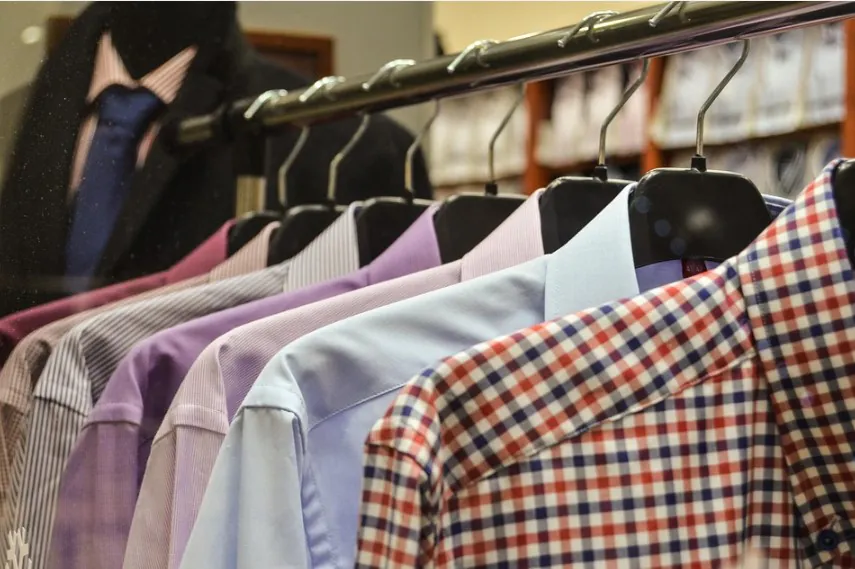As the world’s second largest garment exporter, Bangladesh is expected to export over $50 billion worth of garments by 2021. One of the major factors that drives Bangladesh’s booming textile and garment industry is the growing foreign direct investment in the industry. The country’s cheap textile labour, preferential location in the heart of the Asia-Pacific region, and government support are some of the reasons why an increasing amount of investment has been made in Bangladesh’s textile and garment industry.
According the statistics from Bangladesh Bank, Bangladesh’s textile and garment industry experienced a surge in Foreign Direct Investment (FDI) in the last fiscal year of 2016, with FDI totalling over $396 million, representing a 11% increase from the previous year’s $351.6 million. This surge marks a successful rebound of FDI from the economic slump in the country’s textile and garment industry after achieving a record high of FDI of $445.8 million in fiscal year of 2014.
With the total foreign investment in Bangladesh’s textile and garment industry in the last fiscal year, some $222.86 million was invested as reinvested earnings of the current companies that are already operating in the country. South Korea was the largest investor for Bangladesh’s textile and garment industry in fiscal year 2016 – several South Korean apparel companies invested over $111.6 million, representing over 32% of the total FDI in the sector, followed by Hong Kong’s $89.07 million. FDI from the United States stood at a modest $33.02 million.
Currently, Bangladesh is the world’s second largest garment exporter in the world after China. The South Asian country also enjoys tariff-free market access in the EU, Canada, Australia and other major textile and garments markets. An increasing number of international investors and famous fashion brands, such as Zara, H&M, Gap and Levi’s, are already manufacturing and importing clothes from Bangladesh.
In order to further increase the FDI in the sector, the Government of Bangladesh is promoting investment opportunities not only in the textile sector but also in the allied energy and infrastructure sectors, which will help boost volumes in the textile trade. Meanwhile, industrial associations are improving the health of their business environments, training more skilled workers, improving social compliance status, and improving coordination among manufacturers, exporters and importers.
Thousands of Bangladesh’s leading textile companies can be in your contact list if you register with BizVibe today! Whether you are looking for reliable suppliers, top textile manufacturers, wholesalers, or potential customers in over 70 major countries, or want to find out what your competitors are buying and which suppliers they’re using, BizVibe can help you reach out to sales prospects and decision-makers in the textile industry across the globe.
Register for free now to build your own network of global textile companies on BizVibe



